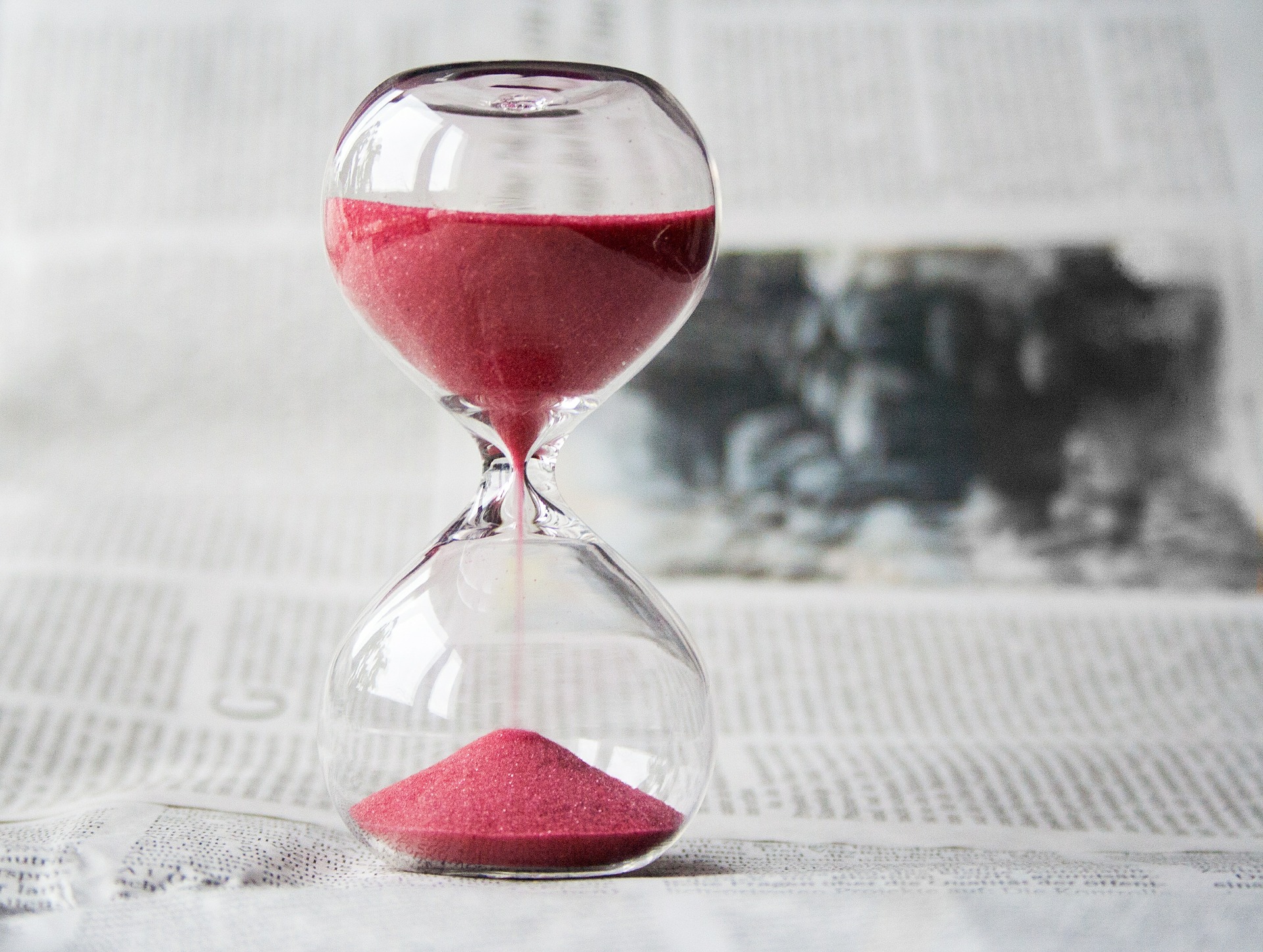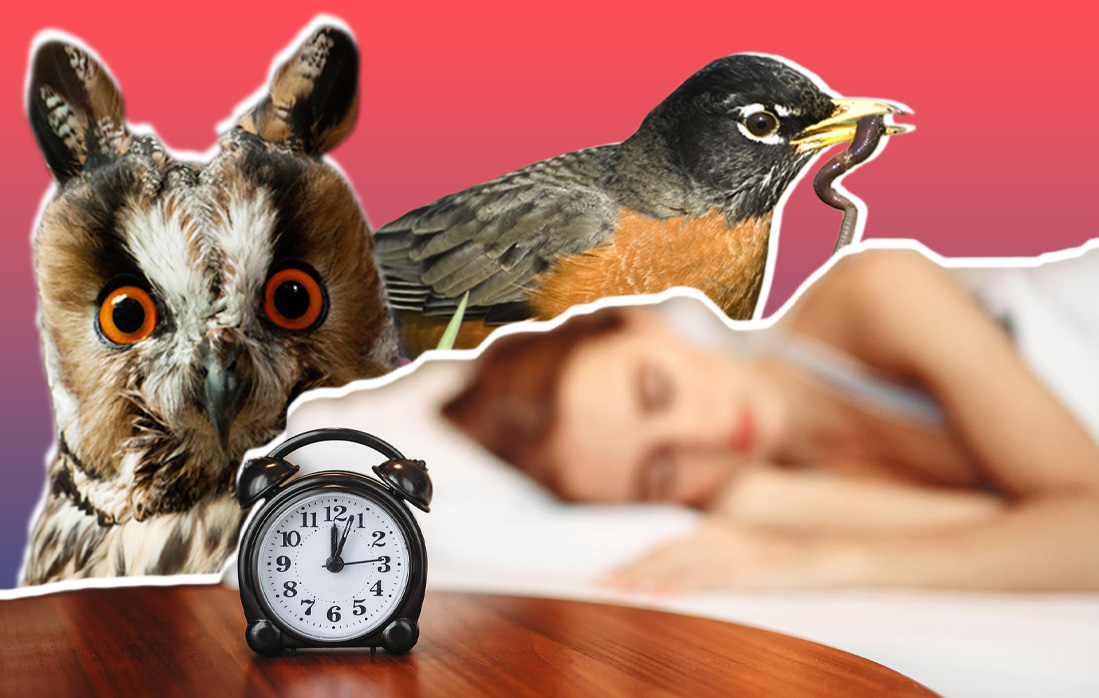
Getting too much — or too little — shut-eye could put you at risk for diabetes, according to a new study. Despite the focus on sleep and sleep quality, though, getting just the right amount of quality rest can’t prevent you from getting the disease, another expert warned.
Researchers presented a study at the recent ENDO 2024 in Chicago showing that how much you sleep — and the quality you get — could make you more prone to the disease.
Previous studies showed that not getting enough rest and poor sleep quality have been linked to a higher risk for diabetes and obesity. Researchers wanted to see how sleep duration played a role. In addition to presenting at the conference, the study was published in Journal of Clinical Medicine.
The team was led by Wonjin Kim, an associate professor at CHA University School of Medicine in Seoul, South Korea, looked at data from 8,816 healthy people. They examined sleep duration and how people fared in terms of their health after a 14-year follow-up period. During that time, 18 percent were diagnosed with diabetes.
“Most previous studies did not examine changes in various glyco-metabolic parameters, like over 14 years,” Kim said in a statement.
Kim’s team found getting less than six hours a night can up your risk for diabetes, the researchers said. You’re at the greatest risk if you get more than 10 hours a night, they noted.
It’s not only about the hours you zonk out. The quality of sleep can play a role in increasing your risk. That is, poor sleep quality could raise your chances for diabetes.
“The pattern of changes in various glycemic parameters may provide clues to the mechanism underlying the association between sleep duration and incident diabetes mellitus,” Kim said.
The people diagnosed with diabetes showed decreased insulin glycogenic index, which is a gauge of how well their body secretes insulin.
Some research indicates that insulin resistance caused by sleep abnormalities makes blood glucose levels go up, But how exactly that happens isn’t quite known, the authors pointed out.
Even if you sleep under 10 hours, the chances of developing diabetes is still greater when the quality of your sleep is poor, the study said.
Understanding Your Diabetes Risk
Erin C. Hanlon, PhD, a research associate professor who studies diabetes and sleep at the University of Chicago Department of Medicine, told Sleepopolis that previous research has looked into how sleep affects glucose metabolism, diabetes risk, and the disease itself.
This report, though, gives good insights on a lot of people and it tracked them over time for useful insights, she said.
Studies have shown that both short sleep and fragmented sleep can lead to alterations in insulin sensitivity and glucose tolerance, Hanlon says.
“So, it seems that both low quality sleep of sufficient duration and low sleep duration can impact glucose metabolism,” she added.
Hanlon thinks melatonin plays a role in how sleep affects insulin release. (Melatonin is known as the sleep hormone and regulates your sleep/wake cycle. Your body typically makes more when the sun goes down, aligning your circadian rhythms.)
“Melatonin is known to suppress insulin secretion, and thus presents a mechanism by which sleep impacts how much insulin is released,” Hanlon said.
How to Lower Your Risk — The Sleepy Way
Want to lower your risk for diabetes? Researchers say good sleep hygiene may help. But don’t just focus on sleep if you’re trying to reduce your risk for diabetes.
People shouldn’t think that getting adequate sleep alone will cure diabetes or lower their risk for getting it, Hanlon explained.
“However, if someone is trying to achieve optimal health, good diet and exercise are important as is adequate sleep,” she added.
Think lowering your risk for diabetes is as simple as improving your sleep quality and going for that sweet spot above six hours and below 10 hours? Not quite, Hanlon said.
“There are multiple contributing factors that contribute to increased risk of diabetes, with deficient sleep being one of them. Of course, improving sleep quality may help to improve diabetes risk but it is not a stand alone cause or fix,” Hanlon said.
People sleeping more than 10 hours a day may have other things going on in their bodies that could impact their risk for diabetes and weren’t accounted for in Kim’s data, Hanlon explained.The U.S. Centers for Disease Control and Prevention doesn’t list sleep as a risk factor for diabetes even though a lot of evidence suggests it, Hanlon pointed out. Instead, they list known risk factors such as pre-diabetes, being overweight, being over 45, and lack of physical activity, among others.

Circadian Sleep: What It Is, Why It Matters, and How to Get More of It

“Sleepy Sorbet” Is Everywhere, But Does It Work? I Tried It Out Myself

Can You Become a Morning or Night Person? Experts Weigh In.

Is Sleeping Naked During a Heat Wave Really a Good Idea?
Sources
Jang Jh, Kim W, Moon JS, Roh E, Kang JG, Lee SJ, Ihm S-H, Huh JH. Association between Sleep Duration and Incident Diabetes Mellitus in Healthy Subjects: A 14-Year Longitudinal Cohort Study. Journal of Clinical Medicine. 2024; 12(8):2899. https://doi.org/10.3390/jcm12082899
Hanlon, Erin C. Author interview. July 2024.
